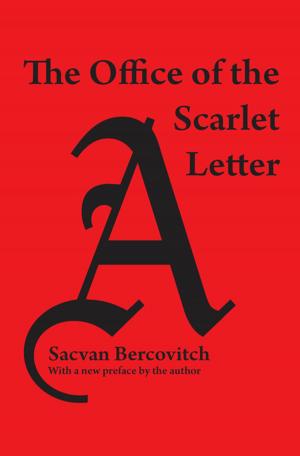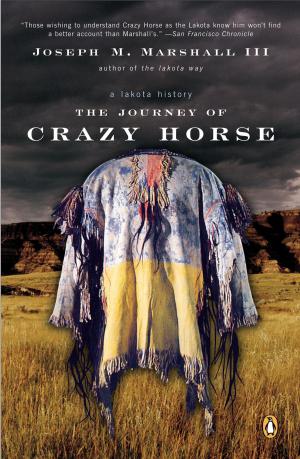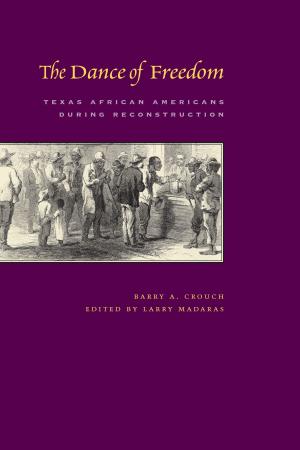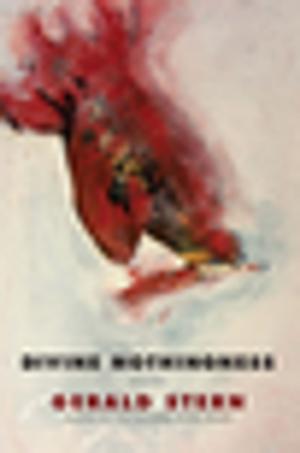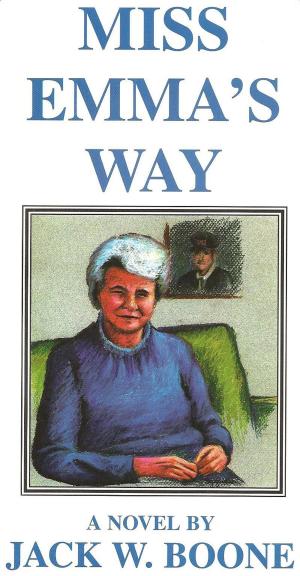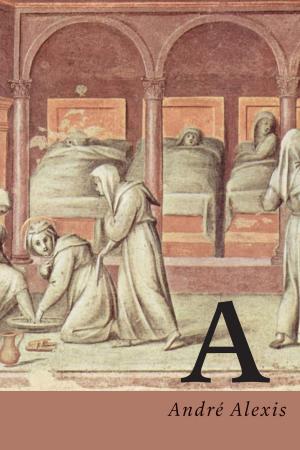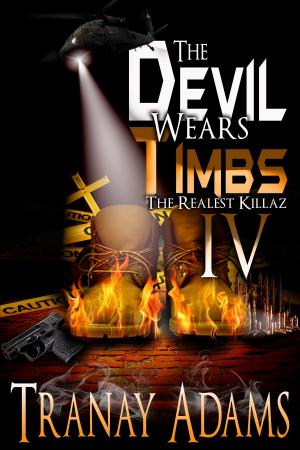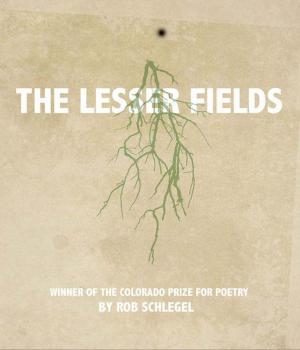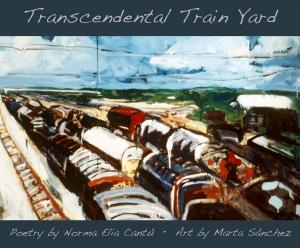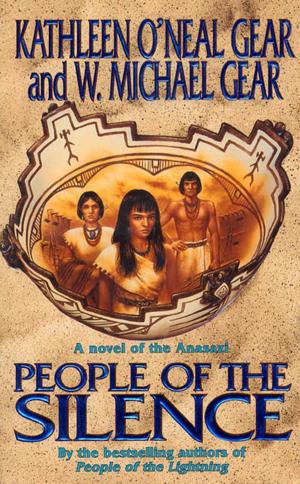Battlelines: Gettysburg, Aftermath
Civil War Combat Artists and the Pictures They Drew, #5
Nonfiction, Art & Architecture, General Art, Art History, American| Author: | Jim Stovall | ISBN: | 9781386801108 |
| Publisher: | Jim Stovall | Publication: | July 5, 2017 |
| Imprint: | Language: | English |
| Author: | Jim Stovall |
| ISBN: | 9781386801108 |
| Publisher: | Jim Stovall |
| Publication: | July 5, 2017 |
| Imprint: | |
| Language: | English |
What did the battle of Gettysburg look like?
Despite the vast number of photographs associated with the Civil War, we have no photos of the battles themselves. The state of photography at that time could not stop action as it does today.
But we DO have pictures.
They are the drawings of the battlefield artists -- the Specials, as they were called -- sent out by publications such as Harper's Weekly to make a visual record of the pivotal event in American history. The woodcuts that Harper's and other publications produced based on these drawings are famous and well-known.
But what of the drawings themselves -- those made during the battle or in the evening when the firing has ceased?
Unfortunately, while many of them still exist, relatively few have ever been published.
This series, Battlelines, seeks to correct that. We begin with a five-volume set of those drawings related to the battle of Gettysburg. This volume (number 5 in the set) presents the drawings of the aftermath of the battle -- drawings by Alf Waud and Edwin Forbes executed on July 4 and afterward as Lee's army limped back across the Potomac River.
Look for other volumes in this set.
What did the battle of Gettysburg look like?
Despite the vast number of photographs associated with the Civil War, we have no photos of the battles themselves. The state of photography at that time could not stop action as it does today.
But we DO have pictures.
They are the drawings of the battlefield artists -- the Specials, as they were called -- sent out by publications such as Harper's Weekly to make a visual record of the pivotal event in American history. The woodcuts that Harper's and other publications produced based on these drawings are famous and well-known.
But what of the drawings themselves -- those made during the battle or in the evening when the firing has ceased?
Unfortunately, while many of them still exist, relatively few have ever been published.
This series, Battlelines, seeks to correct that. We begin with a five-volume set of those drawings related to the battle of Gettysburg. This volume (number 5 in the set) presents the drawings of the aftermath of the battle -- drawings by Alf Waud and Edwin Forbes executed on July 4 and afterward as Lee's army limped back across the Potomac River.
Look for other volumes in this set.

